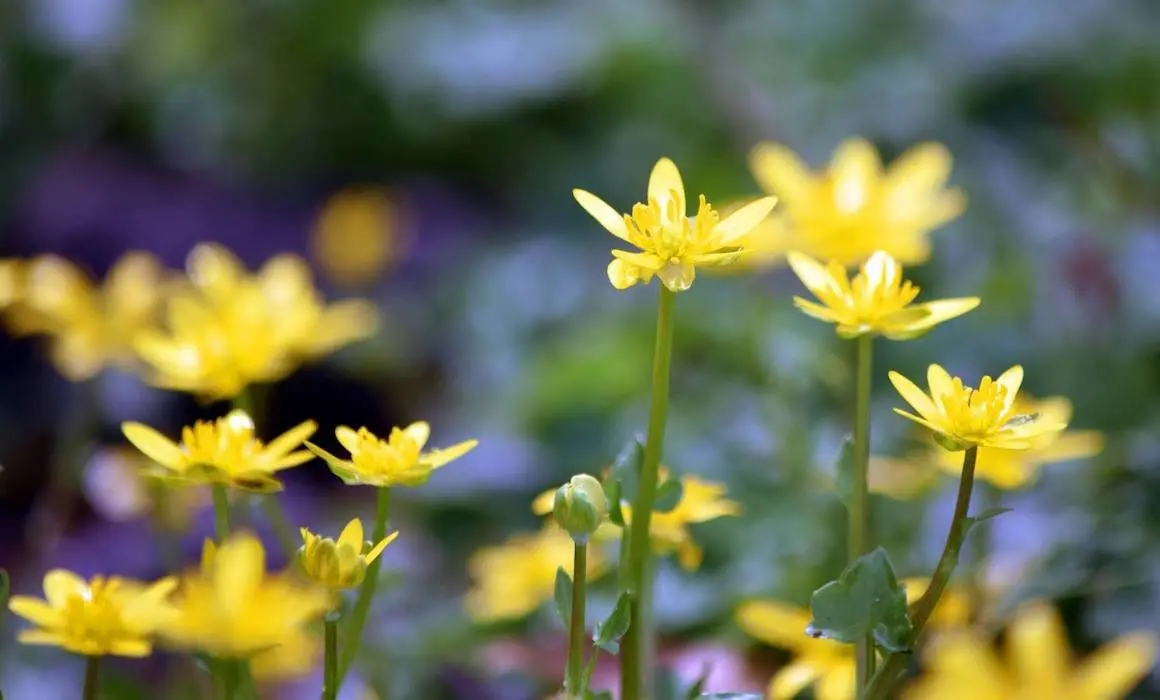Well-being is More Than Just a Walk in the Park

Everyone knows taking a walk is good for your health and well-being. But to attain an even greater positive impact, people should actively interact with their surroundings, according to a recent Technion study. Smell the flowers. Feel the grass between your toes. Taste the honeysuckle. And yes, take a selfie in the botanical gardens.
The findings, published recently in Conservation Biology, are particularly relevant during the pandemic as people spend more time in nature to lift their spirits.
A team of Technion researchers conducted a study of 1,023 visitors to Israel’s lush Ramat Hanadiv Memorial Gardens and Nature Park to gauge the effects of nature on health. One group was instructed to stop and smell and touch the flowers, while the other was told to simply stroll the grounds. Participants in the first group reported a greater sense of well-being after the visit.
Delving deeper, the researchers then asked 303 Technion students to spend half an hour outdoors on campus. Similarly, one group was assigned nine active tasks, including taking photographs of nature, while the other was not given any activities and asked to turn off their phones. The first group experienced a heightened sense of closeness with nature after the walk. The second reported negative feelings, a finding researchers attributed in part to “fear of missing out” — social anxiety stemming from the belief that others might be having more fun than you.
“People today are increasingly alienated from nature, and this has negative implications on their health and well-being and on the importance they attribute to the world of nature,” said team leader Associate Professor Assaf Shwartz, head of the Landscape Architecture Track in the Faculty of Architecture and Town Planning.
“We also found that it is possible to enhance the nature experience among visitors, as well as its positive effect after the visit,” he added. “Even smartphones can be used to create meaningful nature experiences for all of us in parks, gardens, and nature reserves.”